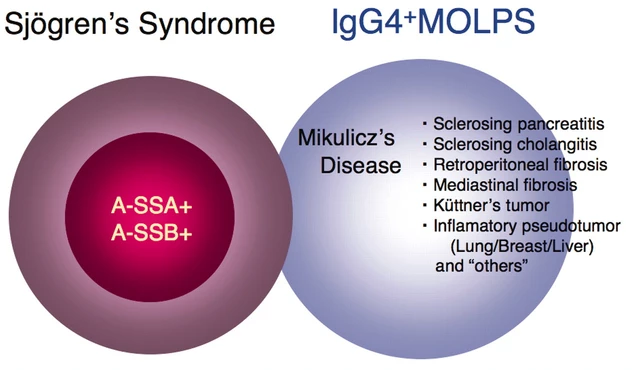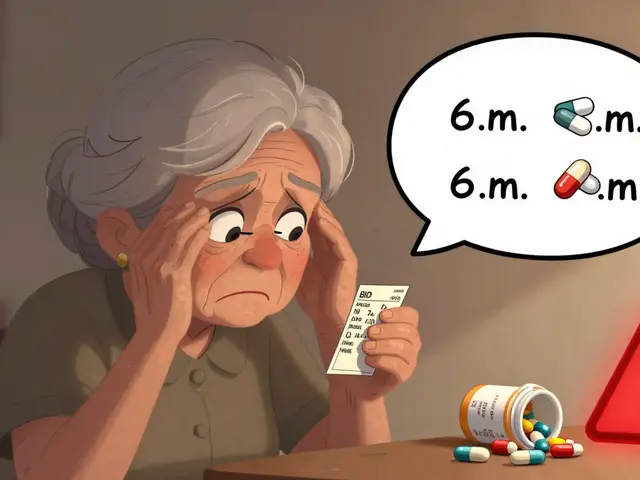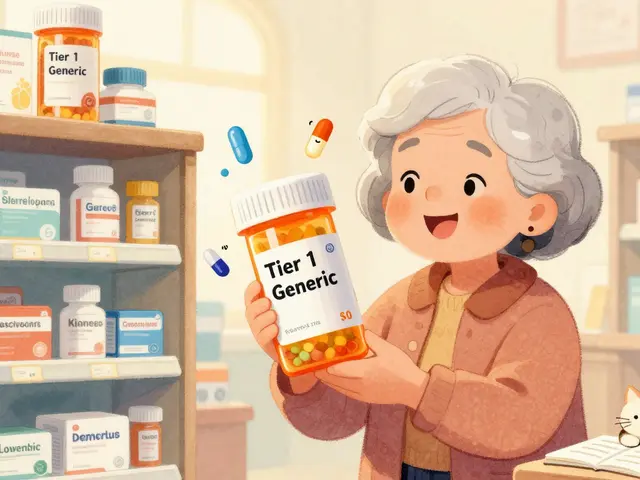
Risk Factors You Should Know Before Taking Any Medicine or Supplement
If you’ve ever wondered why a drug works for some people but causes trouble for others, the answer lies in risk factors. These are the personal, medical and environmental details that push a harmless pill into a problem‑maker. Knowing them helps you avoid nasty side effects, pricey mistakes and unsafe online purchases.
Common health‑related risk factors
Age, existing illnesses and other meds are the big three. For example, ibuprofen is fine for most adults but can raise stomach bleed risk in seniors or folks with kidney disease. Antidepressants like sertraline (Zoloft) may trigger serotonin syndrome if you’re already on another serotonergic drug. Always list your current prescriptions, over‑the‑counter meds and supplements when a pharmacist asks.
Allergies count too. Some people react to the filler in generic tablets, not the active ingredient. That’s why we stress checking the ingredient list before buying cheap generics online – you don’t want an unexpected reaction just because the price looked good.
Risk factors linked to buying meds online
Scams are a real danger. Websites that look legit can still ship counterfeit pills, which may contain wrong doses or harmful substances. Look for a licensed pharmacy badge, a clear physical address and a pharmacist’s contact info. If the site pushes you to pay via untraceable methods, that’s a red flag.
Geography matters as well. In Australia, the PBS (Pharmaceutical Benefits Scheme) offers subsidies on approved drugs – buying outside that system can cost more and might be illegal. Same story in the US and EU: using local regulations protects you from unapproved products.
Beyond the purchase route, lifestyle choices are hidden risk factors. Smoking raises the chance of side effects from many cardiovascular meds like Coversyl (perindopril). Alcohol can amplify liver toxicity when taking painkillers such as acetaminophen or certain antibiotics.
Finally, genetics sneak into the picture. Some people metabolize drugs faster or slower because of gene variants. That’s why a dose that works for your friend might be too strong for you. If you have a family history of unusual drug reactions, ask your doctor about genetic testing.
Bottom line: risk factors are everywhere – in your body, your habits and the places you shop. The best defense is staying informed, reading labels, asking questions and using reputable sources. When you understand what can go wrong, you’ll make choices that keep you healthy instead of risking unwanted side effects.
-
11 Mar







